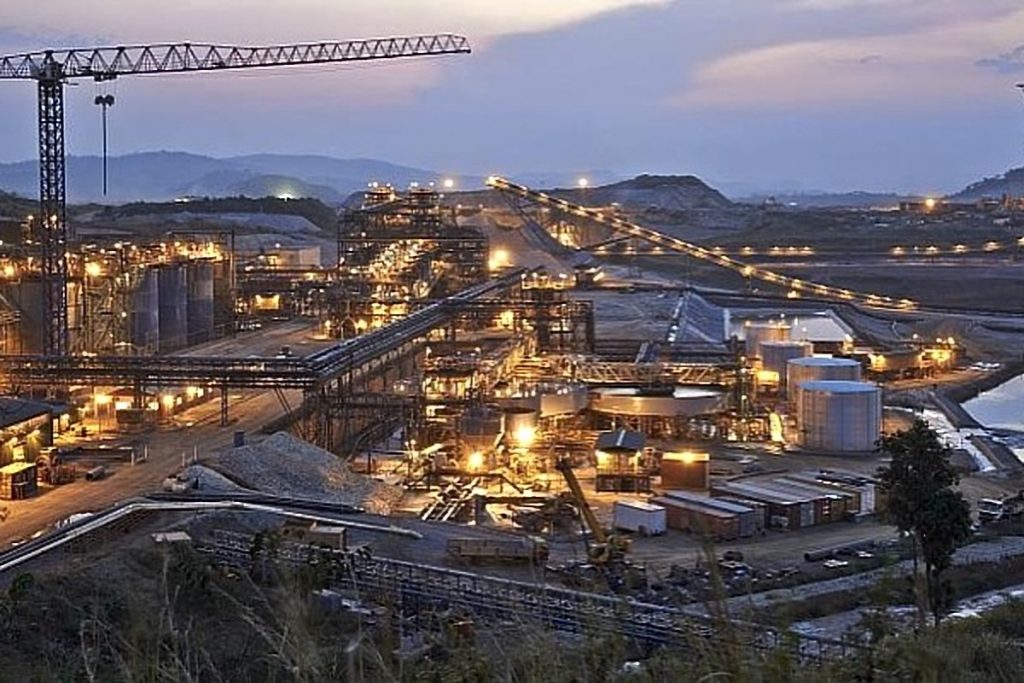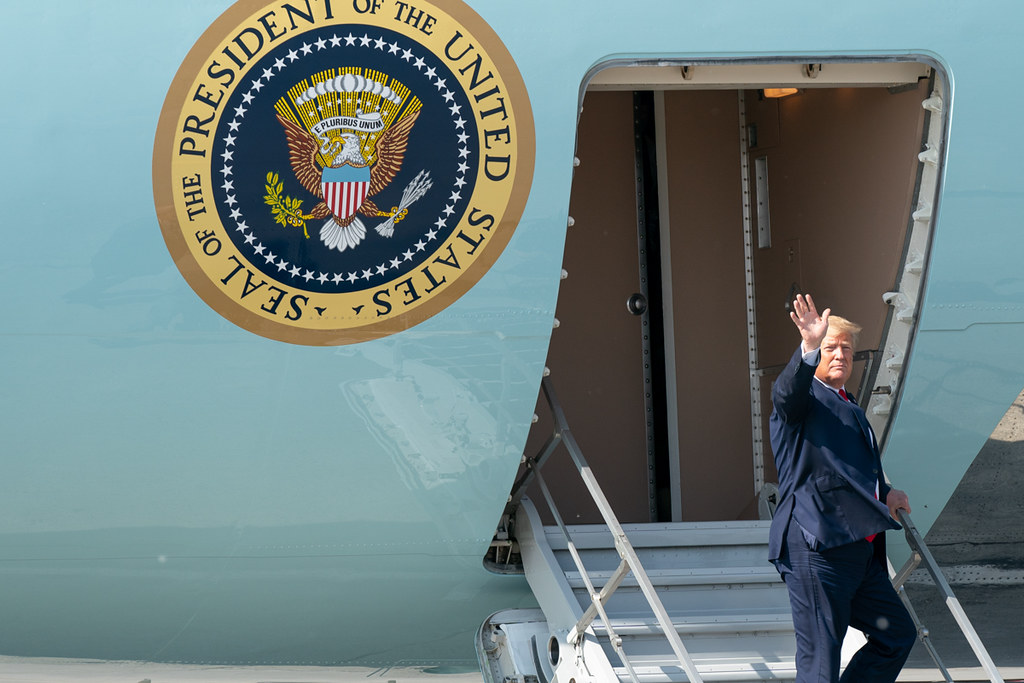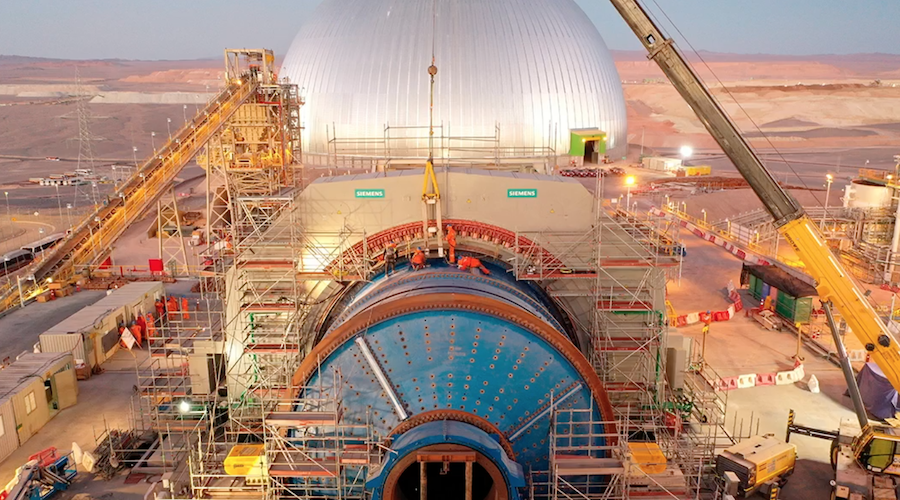Congo wants to work with the mining industry to implement the new law, Minister of Mines Martin Kabwelulu told a packed room of executives at the Mining Indaba in Cape Town Wednesday. He gave no indication though that the government could reopen the debate on the legislation.
“We have walked this road together,” Kabwelulu said of the five-year-long mining code reform process. The new legislation will have to be applied by the government and the private sector together, Kabwelulu said.
His comments didn’t persuade Randgold Chief Executive Officer Mark Bristow.
“We did have a constructive engagement and we did reach agreement,” Bristow said. “The code that was presented to parliament was not that draft.”
Mining executives are lobbying President Joseph Kabila, who must sign the new legislation into law, to re-open the debate. The president is yet to sign the legislation, Kabila’s chief diplomatic adviser, Barnabe Kikaya Bin Karubi, said by phone from the Congolese capital.
Kabwelulu “compared the new code to a bushfire which only plants with strong roots will survive,” Congo mining expert Elisabeth Caesens said after attending the meeting. “Investors will use all means at their disposal to avoid billions in investment getting burnt down, but there’s little indication that there’s room for negotiations.”
Still, billionaire mining investor Robert Friedland said he’s hopeful for more dialogue.
Friedland, whose Ivanhoe Mines Ltd. is developing Africa’s biggest copper discovery in southeast Congo, said he doesn’t mind paying higher royalties or taxes, but that stability and transparency is key for the industry.
“Everything is based on trust,” Friedland said. “We can work together.”
Yuma absent
Absent from the meeting was Gecamines’ Chairman Albert Yuma, who was a key supporter of the new legislation’s most aggressive tax hikes and this week accused the country’s biggest copper miners — including Glencore Plc and China Molybdenum Co. — of heavily indebting their local operations and failing to share profits with the Congolese state.
Yuma is also chairman of Congo’s biggest private sector organization, the Federation des Entreprises du Congo or FEC, which houses the country’s chamber of mines. Its members — including Randgold, Ivanhoe and Glencore — lobbied against many of the changes, making Yuma’s support for the reforms controversial for many executives.
“I would share my disappointment in the FEC chairman,” Bristow said. “Suggesting nationalization, suggesting all sorts of accusations towards the mining industry” is completely inappropriate, he said.





